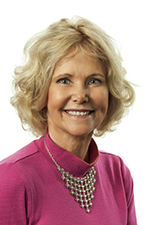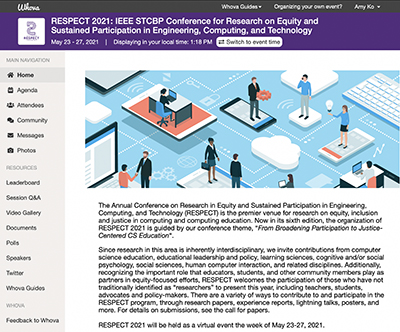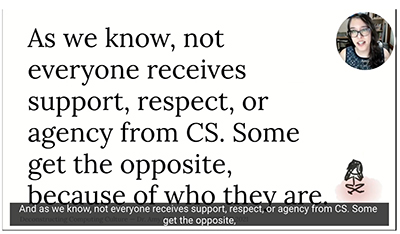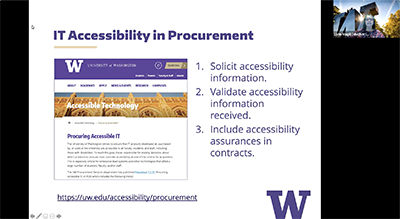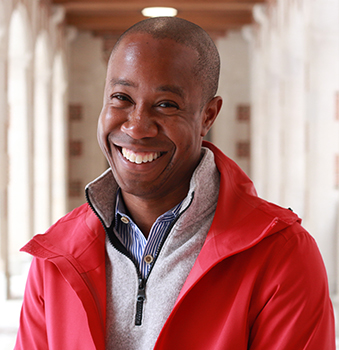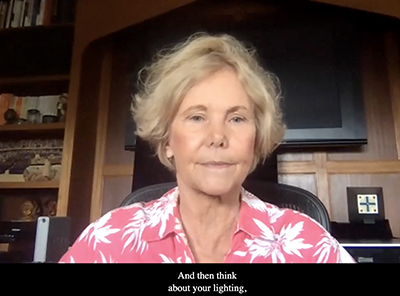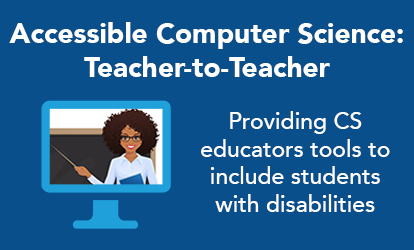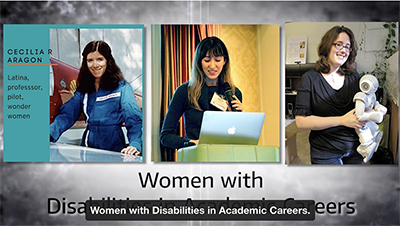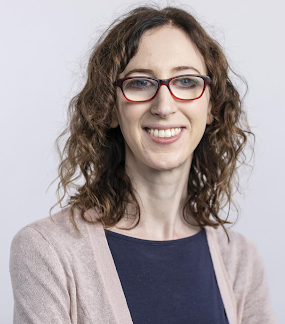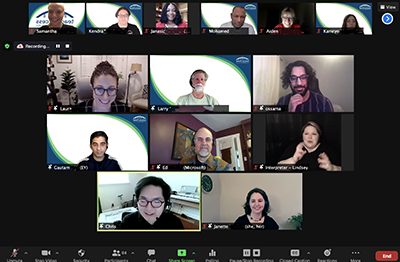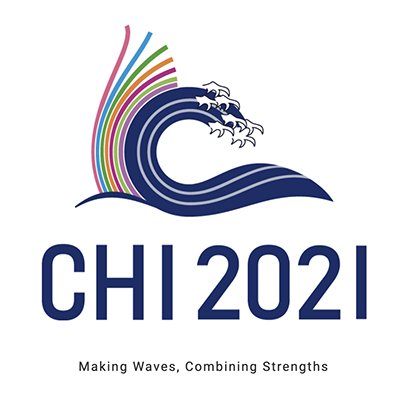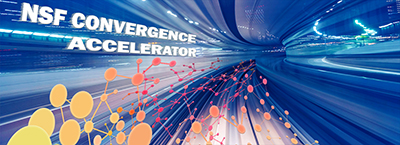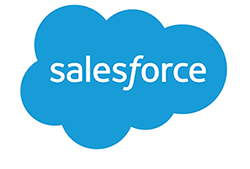AccessComputing Team Members Complete PhDs
Multiple AccessComputing Team Members graduated with PhDs this year. Congratulations to them all. Below are the students who announced their graduation and let us know what the future holds:
Anna Kirkpatrick received her PhD from Georgia Tech with a dissertation titled “A Combinatorial Approach to Biological Structures and Networks in Predictive Medicine." Her research focuses on applying techniques from mathematics and computer science (CS) to problems in biology and medicine. Anna will be joining SAS as a senior analytical consultant on projects involving fraud detection for financial transactions. Last fall, Anna presented on an AccessCSforAll webinar about Optimizing Eye Gaze Input for Computer Programming.
Sean Mealin was the first blind PhD recipient from the Department of Computer Science at North Carolina State University (NCSU). His dissertation titled "Objective Evaluation of Young Guide Dogs to Predict Training Success" focused on using technology to better train and evaluate guide dogs. Sean is also working at SAS. After two internships there, he returned as a software developer working on accessible data visualization for people with visual disabilities. The NCSU College of Engineering shared about Sean in their article First Blind PhD Student Graduates from the Department of Computer Science.
Joo Young Seo graduated from Penn State University with a PhD in learning, design, and technology. His dissertation research employed computational ethnography based on knowledge discovery in databases (KDD) that combines reproducible data science, computational linguistics, and machine learning with conventional ethnographic perspectives on a large-scale and big-data-sized textual archives longitudinally produced by the National Federation of the Blind (NFB) mailing listservs. Through rigorous mixed-methods, he strives to uncover informal learning cultures and shared knowledge patterns of blind individuals pursuing STEM disciplines to better identify the challenges and solutions of current STEM accessibility voiced by the world’s largest blind community. He is an incoming assistant professor in the School of Information Sciences (iSchool) at the University of Illinois at Urbana-Champaign.
Daniel Seita graduated from University of California Berkeley with a PhD in CS. His dissertation research was titled “Robot Learning and Deformable Manipulation Using Simulated Interactions, Architectural Priors, and Curricula.” He is interested in developing robotic systems for deployment in complex, unstructured environments, such as in surgical robotics and assistive home robotics. He will be starting a postdoc at the Robotics Institute of Carnegie Mellon University, working with David Held.
Kevin Currin graduated in December with a PhD in bioinformatics and computational biology from the University of North Carolina (UNC) Chapel Hill. His research interests are genomics and computational biology; his dissertation is titled: "Chromatin Accessibility Changes and Genomic Integration Identify Genetic Regulatory Mechanisms.” Since graduating, Kevin has continued to work at UNC.
Ali Abdolrahmani graduated from the University of Maryland Baltimore County with a PhD in human-centered computing. His dissertation is titled “Investigating Ways to Support the Use of Voice Assistants (VAs) Among Individuals Who Are Blind.”
Wing Lam graduated with a PhD in CS from the University of Illinois Urbana-Champaign with a dissertation titled "Detecting, Characterizing, and Taming Flaky Tests." Wing Lam will be joining George Mason University as an assistant professor in the computer science department in the spring of 2022. He works on several topics in software engineering, with a focus on software testing. Wing's research improves software dependability by characterizing bugs and developing novel techniques to detect and tame bugs.
David Hayden graduated in May from MIT with a PhD in CS. His dissertation is titled “Uncertainty Quantification and Structure Discovery for Scalable Behavior Science.” David works on interpretable machine learning and computer vision with special focus on behavior analysis, multi-object tracking, Bayesian nonparametrics applied to time-series, distributions on manifolds, and using uncertainty to guide decision making, analysis, and experiment design.
